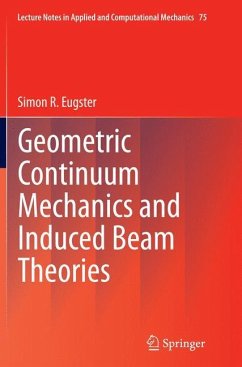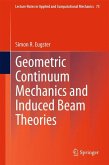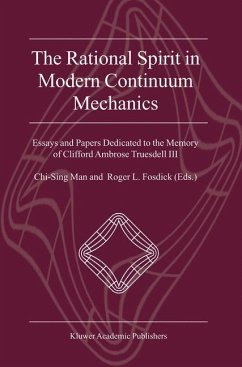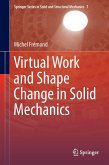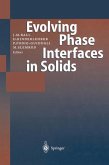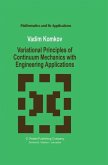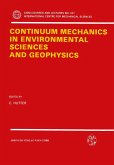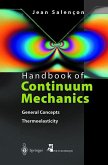This research monograph discusses novel approaches to geometric continuum mechanics and introduces beams as constraint continuous bodies. In the coordinate free and metric independent geometric formulation of continuum mechanics as well as for beam theories, the principle of virtual work serves as the fundamental principle of mechanics. Based on the perception of analytical mechanics that forces of a mechanical system are defined as dual quantities to the kinematical description, the virtual work approach is a systematic way to treat arbitrary mechanical systems. Whereas this methodology is very convenient to formulate induced beam theories, it is essential in geometric continuum mechanics when the assumptions on the physical space are relaxed and the space is modeled as a smooth manifold. The book addresses researcher and graduate students in engineering and mathematics interested in recent developments of a geometric formulation of continuum mechanics and a hierarchical development of induced beam theories.
"This book presents elements of Geometric continuum Mechanics with application to rod theories. ... the book may be used in courses to the advanced undergraduate students that already have knowledge about the classical beam theories. Also it will be useful to the graduate students of Mechanics and the researchers in Mechanics." (Teodor Atanackovic, zbMATH 1330.74002, 2016)

